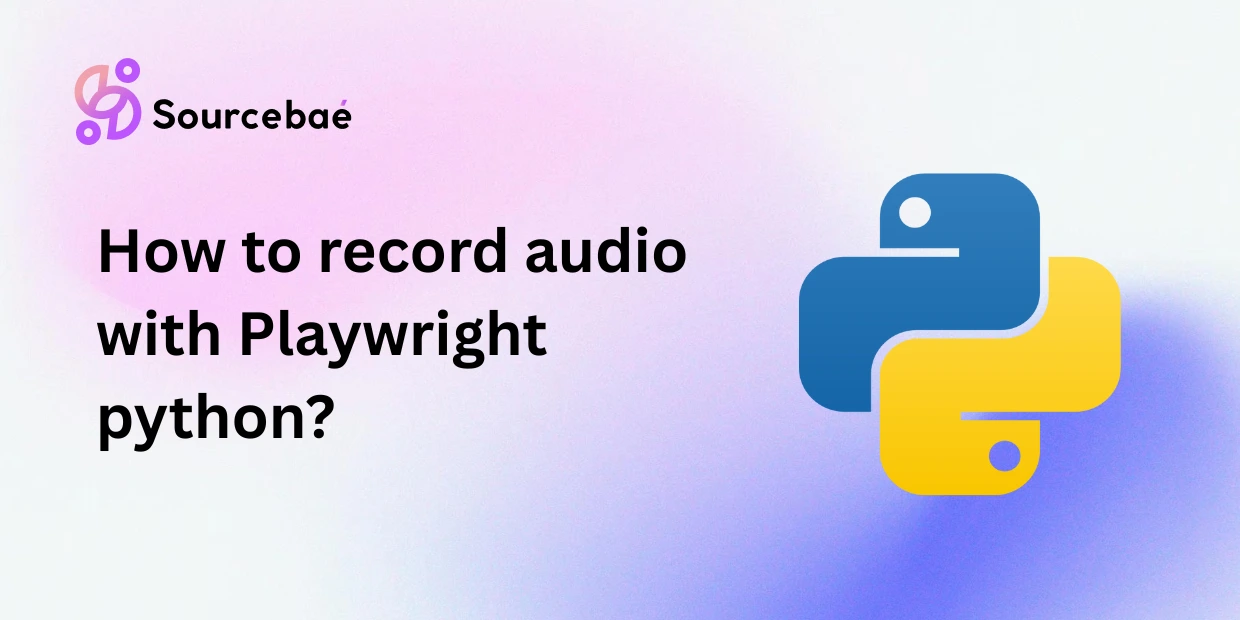Python programming language has gained immense popularity over the years, becoming one of the go-to languages for developers worldwide.
Its simplicity, readability, and versatility make it an ideal choice for a wide range of applications, including web development, data analysis, machine learning, and more.
If you’re aspiring to become a Python developer or looking to enhance your skills, having a roadmap can guide you through the learning process and ensure you cover essential concepts and technologies.
I. Introduction
Python development is in high demand as it offers a vast ecosystem of libraries, frameworks, and tools that empower developers to build robust and scalable applications.
This article aims to provide a comprehensive roadmap for Python developers, covering everything from getting started with Python to exploring advanced topics and career opportunities.
II. Getting Started with Python Development
Before diving into Python development, it’s crucial to set up your development environment.
The first step is to install Python and choose an Integrated Development Environment (IDE) or code editor, such as PyCharm, Visual Studio Code, or Jupyter Notebook.
Once you have everything set up, you can start your journey of exploring Python’s power and flexibility.
III. Essential Python Concepts and Syntax
To become proficient in Python, you need to grasp fundamental programming concepts and understand the syntax. This includes variables, data types, control flow, loops, and conditional statements. Python’s simple syntax and readability make it easy to learn even for beginners.
IV. Object-Oriented Programming (OOP) in Python
Python supports object-oriented programming (OOP) paradigms, allowing you to structure your code in a modular and reusable manner. Understanding OOP concepts such as classes, objects, inheritance, and polymorphism will enable you to create efficient and maintainable Python code.
V. Working with Python Libraries and Frameworks
Python’s strength lies in its extensive library ecosystem, which provides ready-to-use solutions for various domains. Libraries like NumPy, Pandas, and Matplotlib are essential for data analysis and visualization. Additionally, frameworks like Django and Flask simplify web development tasks, allowing you to build scalable and secure applications.
VI. Web Scraping and Automation with Python
Python’s versatility extends to web scraping and automation tasks. With libraries like BeautifulSoup and Scrapy, you can extract data from websites, automate repetitive tasks, and gather valuable information for analysis or other purposes.
VII. Machine Learning and Data Science with Python
Python has established itself as a leading language for machine learning and data science. Libraries like scikit-learn, TensorFlow, and Keras provide powerful tools for building and deploying machine learning models. Python’s extensive support for data preprocessing, modeling, and evaluation makes it a popular choice among data scientists and researchers.
VIII. Building Mobile Applications with Python
Contrary to popular belief, Python can also be used for mobile app development. Frameworks like Kivy and BeeWare allow you to build cross-platform mobile apps using Python. This opens up new possibilities for Python developers, enabling them to leverage their existing skills for mobile application development.
IX. Contributing to Open-Source Python Projects
Contributing to open-source projects is an excellent way to enhance your skills, collaborate with other developers, and add credibility to your portfolio. Python has a vibrant open-source community, offering ample opportunities for developers to contribute their skills and expertise.
X. Career Opportunities and Future Scope in Python Development
Python developers are highly sought after in the job market, thanks to Python’s versatility and widespread adoption. Career paths for Python developers include web development, data science, machine learning, automation, and more. As businesses continue to leverage Python’s capabilities, the future scope for Python developers remains promising.
XI. Conclusion
In conclusion, having a roadmap for Python development can significantly streamline your learning process and help you acquire the necessary skills to excel in various applications of Python. Whether you aim to build web applications, analyze data, develop machine learning models, or contribute to open-source projects, Python provides the foundation you need. Start your Python development journey today and embrace the endless possibilities that this versatile language offers.
Read Some More Interesting Posts:
- Top Python Frameworks for Web Development
- Comparing PHP and Python: Which One Should You Choose
- Django VS Angular: A Comprehensive Comparison
- Is React a Frontend or Backend?

FAQs
Q1: Can I learn Python if I have no programming experience?
Absolutely! Python is known for its simplicity and readability, making it an ideal language for beginners. There are plenty of resources available, such as online tutorials and courses, to help you get started with Python even if you have no prior programming experience.
Q2: What are some popular websites where I can find open-source Python projects to contribute to?
Some popular platforms to find open-source Python projects include GitHub, GitLab, and Bitbucket. You can explore repositories tagged with Python, filter based on your interests, and contribute by submitting bug fixes, adding new features, or improving documentation.
Q3: Are Python developers in high demand?
Yes, Python developers are in high demand due to the versatility of Python and its extensive library ecosystem. Many industries, including tech, finance, healthcare, and more, are actively seeking Python developers for various projects and applications.
Q4: Can Python be used for web development?
Yes, Python is widely used for web development. Frameworks like Django and Flask provide powerful tools and a solid foundation for building web applications. Python’s simplicity and readability make it a preferred choice for many web developers.
Q5: What are the future prospects for Python developers?
The future prospects for Python developers look promising. As technology continues to evolve, Python’s applications in fields like data science, machine learning, and artificial intelligence are likely to expand. Python’s versatility and ease of use will continue to drive its demand in the job market.
Conclusion
Embarking on the journey of becoming a Python developer can be an exciting and rewarding experience. With a clear roadmap in hand, you can systematically learn the essential concepts, explore various libraries and frameworks, and eventually carve your niche in the Python development landscape.
Python’s popularity and versatility open doors to a wide range of career opportunities, where you can contribute to cutting-edge technologies and make a significant impact. So, take that first step, embrace Python’s simplicity, and start building your path towards becoming a proficient Python developer.






